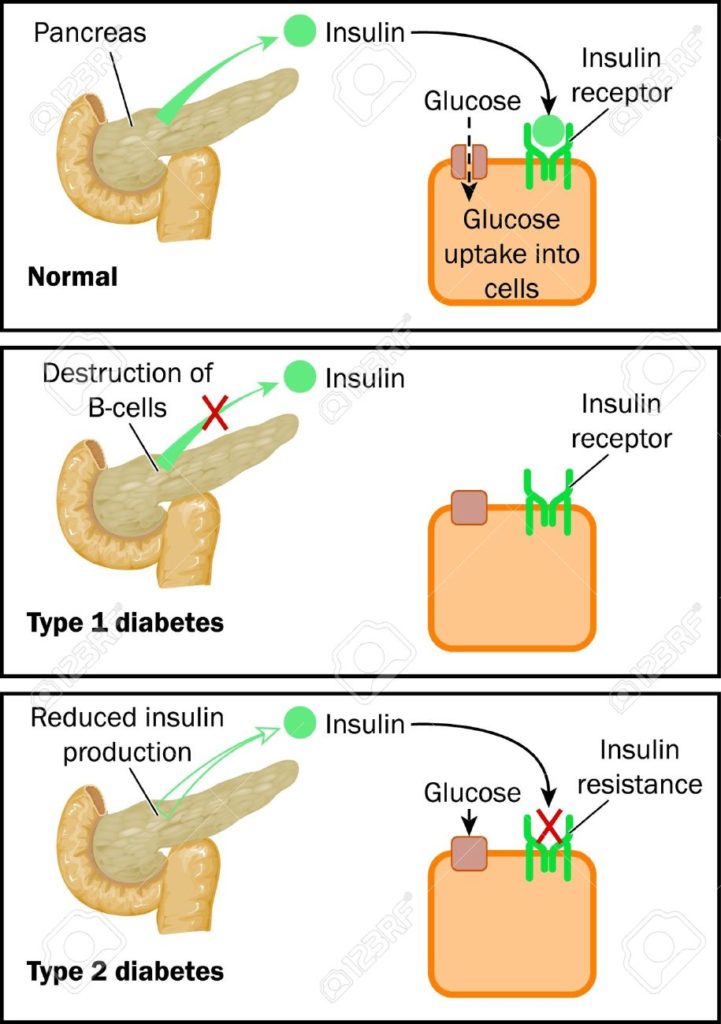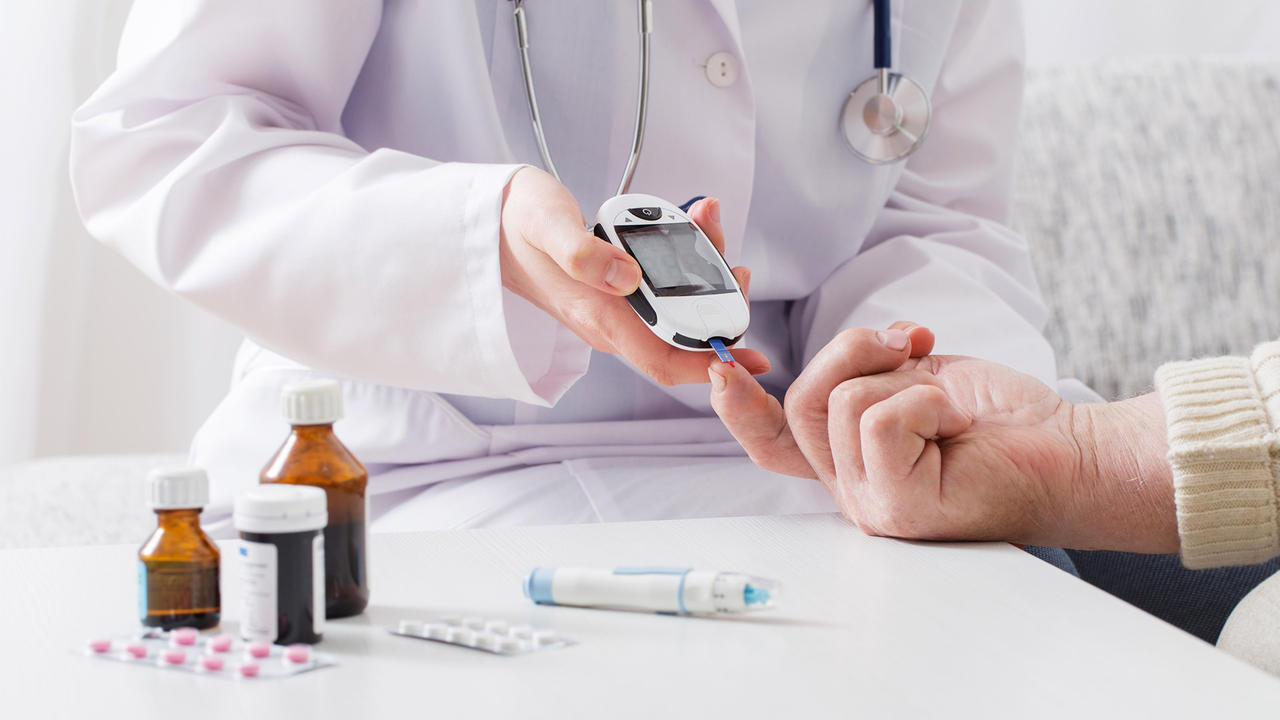In this blog, I will share about fucoidan and diabetes. According to the National Institute of Diabetes and Digestive and Kidney Diseases (NIH), 30.3 million people in the United States suffered from diabetes in 2015. Out of every four people, one did not know they had diabetes.
So, let’s understand how diabetes occurs in the human body. Diabetes occurs when the pancreas does not produce enough of the hormone insulin, or the body cannot use insulin effectively.
There are three types of diabetes mellitus, classified as Type 1 and Type 2, and diabetes insipidus. There are very few studies on diabetes insipidus. However, many people are prone to suffer from diabetes mellitus.
According to Anees A Siddiqui et al., type 1 diabetes is an autoimmune disease in which the β-cells of the pancreas do not produce sufficient insulin, a hormone, which aids in converting blood sugar (glucose) into energy.
Type 2 diabetes is a complex endocrine and metabolic disorder. The interaction between several genetic and environmental factors results in a heterogeneous and progressive disorder with variable degrees of insulin resistance and pancreatic β-cell dysfunction. Overweight and obesity are major contributors to the development of insulin resistance and impaired glucose tolerance. When β cells have not longer able to secrete sufficient insulin to overcome insulin resistance, impaired glucose tolerance progresses to type-2 diabetes.
Let’s take a look at the cause of diabetes.
According to NIH, type1diabetes is caused by a gene and environmental factors such as viruses. Type 2 diabetes is caused by several factors, including genes and lifestyle factors such as overweight and physical inactivity.

Then if you became diabetes, I recommend taking fucoidan and following a good diet. The reason I recommend fucoidan is very simple. Taking fucoidan along with regular diet and medication does not have any side effects. You might be aware that most medication for diabetes has side effects such as low blood sugar, upset stomach, skin rash, weight gain. Also, a few types of medication can possibly cause liver disease.
I would like to explain the fucoidan’s effect on diabetes. Fucoidan improves glucose tolerance by modulating AMPK (cellular energy homeostasis) signaling and GLUT4 (the insulin-regulated glucose transporter) activity. Additionally, fucoidan has the ability to attenuate diabetic retinopathy through inhibiting VEGF signaling.
I hope you will have a quality of life by taking fucoidan along with a healthy lifestyle.
